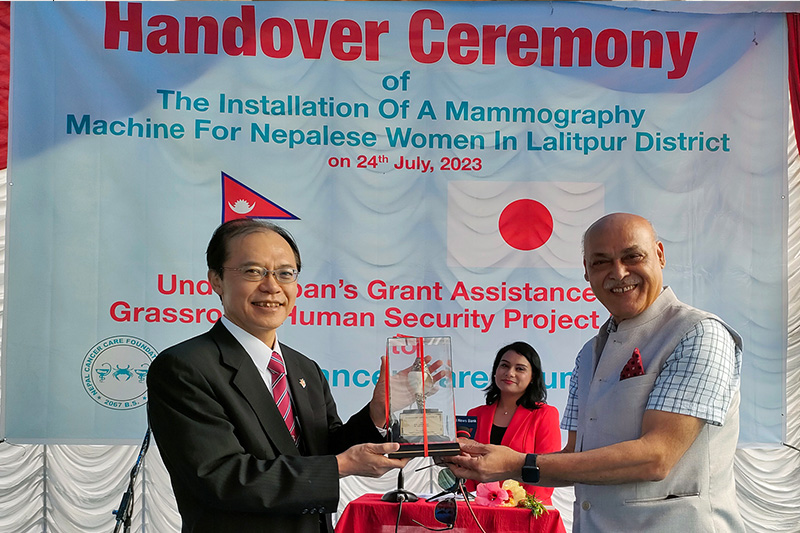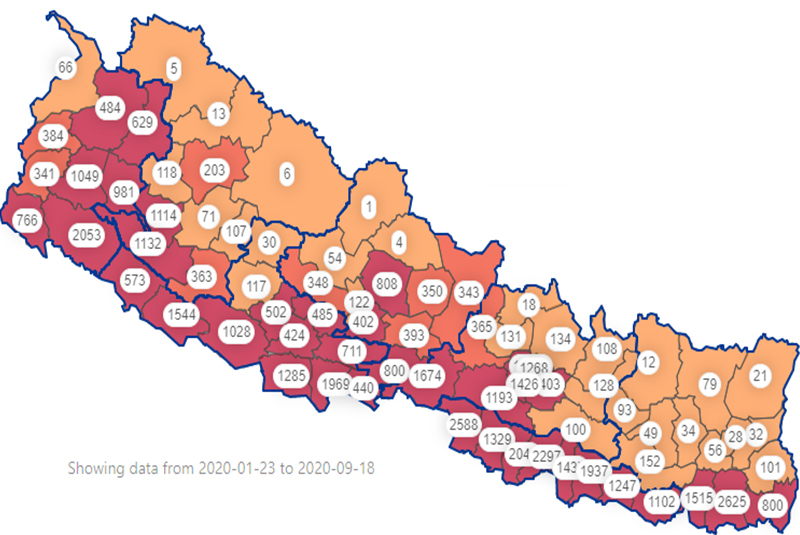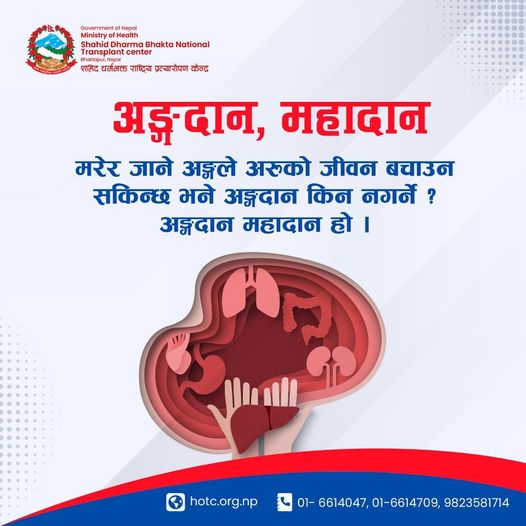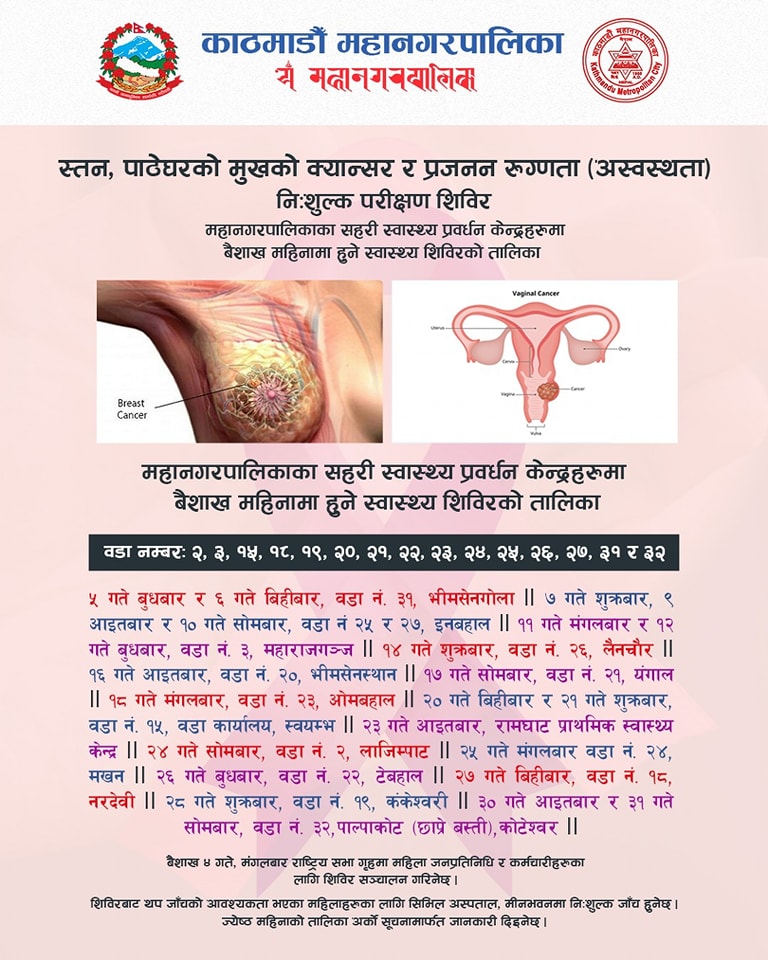Prostate Cancer and Mental Health

Dr. Namrata Pradhan, MD Psychiatry
Prostate cancer, the second most common cancer among men worldwide, casts a shadow over millions of lives annually, extending well beyond its physical ramifications. Often, our focus centers on the tangible aspects of the disease, but its profound impact on a man’s mental well-being should not be underestimated. Astonishingly, even the diagnosis of cancer can significantly elevate the risk of suicide. This condition affects the men we cherish – fathers, uncles, brothers, and sons, emphasizing the importance of understanding the emotional toll it exacts and providing comprehensive support. Recent research has revealed an intriguing connection between mental health and prostate cancer, with a surprising statistic: 4 out of every 10 individuals diagnosed with prostate cancer had grappled with at least one mental health issue before their diagnosis, highlighting the substantial link between prior psychological well-being and susceptibility to developing prostate cancer.
The Diagnosis dilemma
Receiving a cancer diagnosis marks the start of a challenging journey that goes beyond the doctor’s office, unleashing a whirlwind of emotions. The initial shock can be overwhelming, leaving one in disbelief, as if trapped in a surreal nightmare. Fear of the unknown, the uncertainty of the future, and thoughts about treatment options can dominate one’s thoughts, casting a shadow over daily life. Anxiety is a natural response, as questions about the future and the impact on loved ones race through the mind. Additionally, anger can surface, directed at fate or the perceived unfairness of the situation. This emotional turmoil, known as the “diagnosis dilemma,” can take a toll on mental well-being and significantly impact a patient’s overall quality of life.
Anxiety and Depression
Prostate cancer can cast a heavy emotional burden, leading to the development of anxiety and depression, manifesting as excessive worry, restlessness, irritability, muscle tension, mood swing, and sleep disturbances. Coping with a prostate cancer diagnosis or navigating its treatments can be an intensely challenging phase in a man’s life, triggering an array of powerful emotions such as anxiety, sadness, anger, fear, frustration, and pervasive uncertainty. Recognizing that these emotional struggles are a natural response to the immense challenges of a prostate cancer diagnosis is crucial. By addressing these emotions, one can navigate the prostate cancer journey with greater resilience and aspire to a brighter future.
Treatment Burden
Prostate cancer is a complex disease that goes beyond its physical effects, deeply impacting the psychological and emotional well-being of individuals. Those facing prostate cancer often grapple with various psychological challenges that profoundly shape their overall quality of life. These challenges include significant financial stress due to treatment costs and potential income loss, strained relationships, particularly with intimate partners, stemming from communication difficulties and treatment-induced intimacy changes, heightened fears of mortality with a prostate cancer diagnosis, persistent anxiety about the possibility of cancer recurrence even after successful treatment, and concerns about the potential pain and suffering associated with cancer and its treatment. Recognizing these psychological challenges is vital to understanding the comprehensive implications of prostate cancer. Addressing both the physical and psychological aspects of this disease is crucial for providing comprehensive care and enhancing the overall quality of life for those affected.
Caregiver Burden
Prostate cancer is not a solitary battle; it profoundly affects loved ones, especially caregivers, who shoulder a significant emotional burden. Their role in providing physical and emotional support to patients is indispensable but can lead to caregiver burnout due to the fear of losing a loved one, the emotional weight of care provision, and the uncertain future. Witnessing a loved one’s cancer journey can evoke helplessness and sadness, and the demands of caregiving, from managing medical appointments to daily assistance, can be physically and emotionally taxing. Caregivers also grapple with the constant anxiety stemming from the unpredictable nature of the disease. Recognizing the importance of caregivers’ mental well-being is crucial, and seeking support through caregiver-specific groups or therapy can provide the necessary outlet to express feelings, share experiences, and learn coping strategies. This support fosters resilience, prevents burnout, and ensures comprehensive care for both patients and their dedicated caregivers in the context of the prostate cancer journey.
Survivorship
Surviving prostate cancer is a significant achievement, but it often comes with a range of emotions. Alongside relief and gratitude, there can be fears of recurrence and anxiety about treatment effects. Depression and anxiety may persist, driven by the fear of recurrence and treatment side effects, sometimes lasting for years after treatment ends. Support from friends, family, and fellow survivors is crucial during this journey, while survivor guilt, pondering why some survived while others didn’t, can also weigh heavily on the mind. Survivorship represents an opportunity for personal growth, reevaluating priorities, and savoring life beyond prostate cancer. Additionally, the physical side effects of treatment, such as sexual dysfunction or urinary incontinence, can affect self-esteem and body image, causing frustration and sadness. It’s a phase of embracing a “new normal,” focusing on overall well-being, including physical and mental health, and cherishing life’s moments.
Coping Strategies
While the emotional impact of prostate cancer can be overwhelming, there are several strategies that can help patients and their loved ones manage their mental health:
Maintain a Healthy Lifestyle: Eating well, staying physically active, and getting enough sleep can contribute to better emotional health.
Open Communication: Talk about your feelings with trusted friends, family, or a mental health professional. Sharing your fears and anxieties can help relieve the emotional burden.
Support Groups: Joining a prostate cancer support group can provide a sense of community and understanding from others who have faced similar challenges.
Mindfulness and Relaxation Techniques: Practicing mindfulness meditation and relaxation exercises can reduce anxiety and improve emotional well-being.
Professional Help: If nothing helps, don’t hesitate to seek help from a professional. Just talk to your doctor about visiting a mental health expert like a psychiatrist.
Prostate cancer is not just a physical battle; it’s a mental and emotional one as well. The emotional impact of this disease can be profound, affecting patients and their caregivers alike. The journey through prostate cancer survivorship is a testament to human resilience, but it’s also marked by a range of emotions, from relief to anxiety, and even survivor guilt. Recognizing the importance of mental health during this journey is essential. Seeking support from friends, family, and support groups, along with fostering open communication and employing coping strategies, can help individuals facing prostate cancer navigate the emotional landscape with resilience and hope. Remember, you are not alone in this journey, and there are resources available to support your mental health every step of the way. It’s essential to prioritize emotional well-being alongside physical health in the fight against prostate cancer.
(Dr. Pradhan is associated with Nepal Cancer Hospital and Research Center)


















बसाइ नमिल्दा ढाड दुख्ने समस्या !
काठमाडौंमा १७ जना औंलोको बिरामी, सबै आयातित
स्वास्थ्य मन्त्रालयले भन्यो, सरकारी अस्पतालमा काम गर्ने अनि निजीको विज्ञापन गर्न कहाँ पाइन्छ ?
गर्मीमा तातो हावा ‘लू’ बाट कसरी जोगिने ?
राष्ट्रिय प्रत्यारोपण केन्द्र १२ वर्षमा : १२ सय ३१ जनाको मिर्गौला प्रत्यारोपण